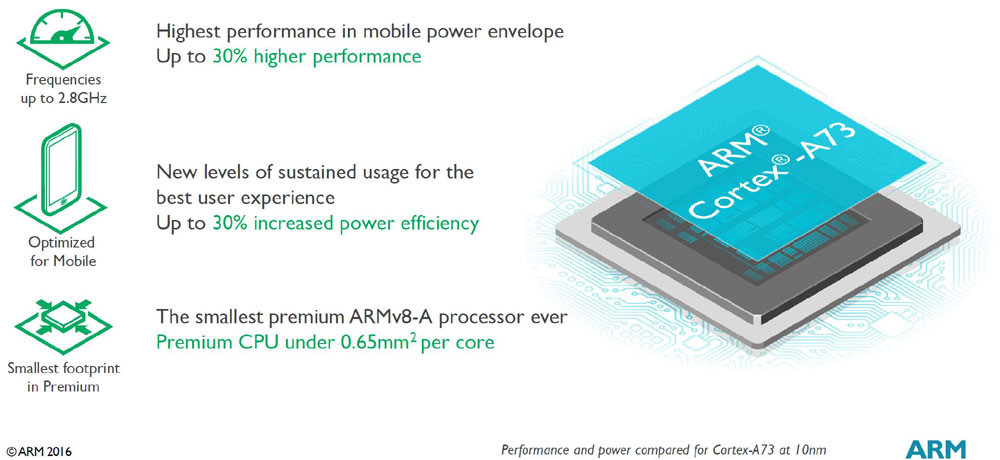
With Apple reportedly ditching the 3.5mm audio jack in favor of its own Lightning port on the iPhone 7, the industry has also started looking at alternatives. With USB Type-C replacing the popular microUSB port, smartphone OEMs are expected to ditch the 3.5mm audio jack and, just like Apple, use one port for data, power and audio needs. LeEco gave us a look at the future with their recently unveiled smartphones — Le 2, Le2 Pro and Le Max 2 — that were devoid of a 3.5mm audio jack.
To further promote the use of USB Type-C for audio, Intel has proposed a specification to use the connector for digital audio needs in smartphones. There are quite a few benefits of moving to USB Type-C for audio. Firstly, it will allow headphones to offer enhanced functionality and will also make it possible to update their firmware right from the phone. Secondly, it offers more granular power control and management. Third, headphones with USB Type-C connector can directly draw power from the phone instead of coming with a built-in battery. This will make them lighter to use, though it will add an additional strain on the battery life of the phone.

Most importantly, USB Type-C will allow the whole industry to shift to digital audio that will allow headphones to come with their own amplifiers and DACs. This will allow them to deliver great audio quality that will not be dependent on the DAC used inside a smartphone. Intel notes that USB Type-C can also be used to transfer analog audio which should help in making the jump to the interface easier.
Intel expects to release the final specifications of the USB Type-C Digital Audio technology later in this quarter.
For USB Type-C to replace the ubiquitous 3.5mm audio jack, the whole audio and smartphone industry need to make a planned shift to it. The switch will likely lead to an increase in cost of budget earphones and headphones, but as Intel says, higher-end headphones will then offer more value for money as they will then be able to offer loads of new functionality.
Looking at the sheer number of benefits the switch to USB Type-C will provide for audio listening, I’d say the jump will be worth it despite the initial compatibility issues and headache. What do you think?
[Via AnandTech]






